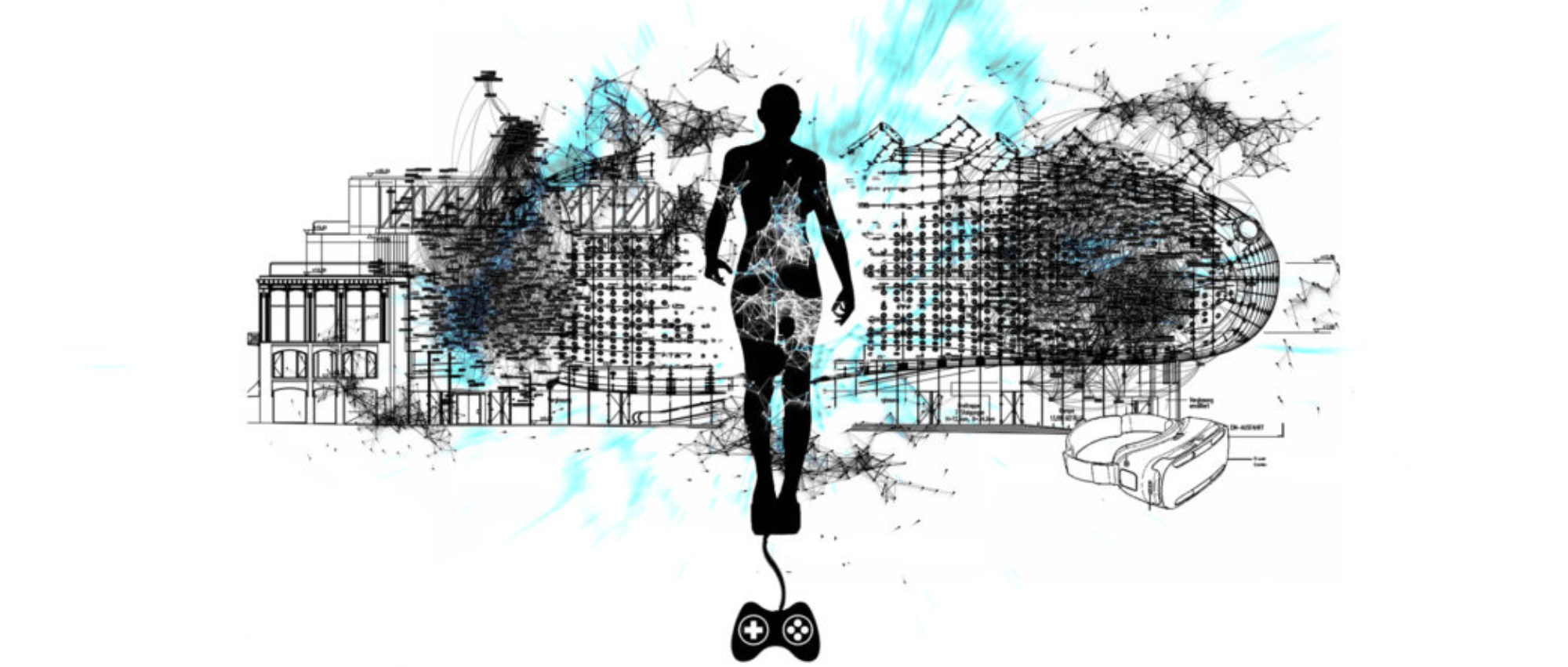A virtual reality learning unit for the functioning of a router is used to show how students at bachelor level can be provided with another teaching tool in the future, whereby the didactic approach of a change of perspective makes optimal use of the advantages of virtual reality and should enable a more profound understanding. Further studies are needed to determine a long-term learning effect as well as the efficiency of a combination of teaching methods. However, the high demand from students in the field study shows that students are open to virtual reality as a tool beyond traditional teaching methods.
Follow this link to download APK for Quest2 and/or Executable for HTC Vive
